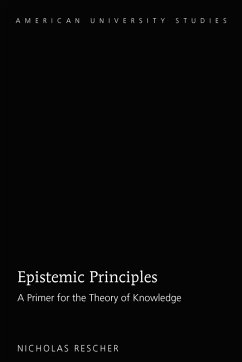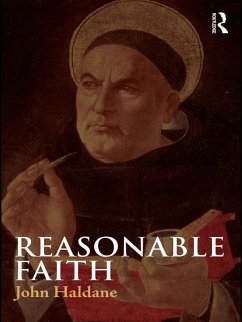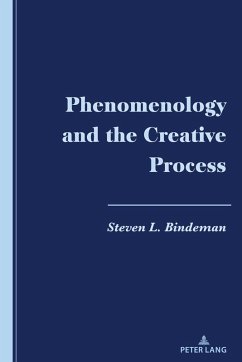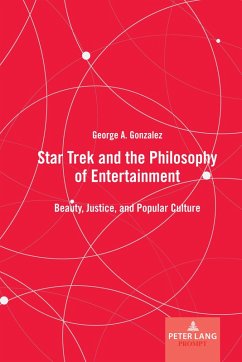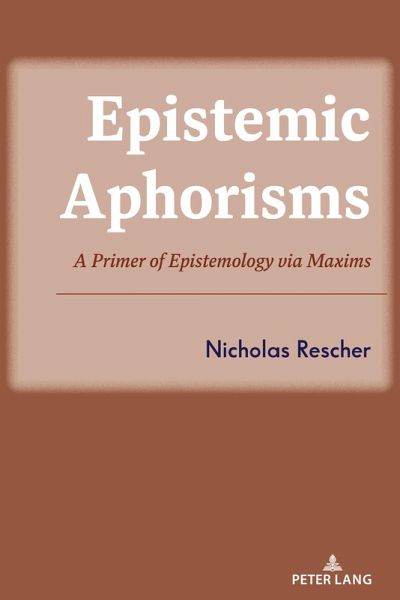
Epistemic Aphorisms (eBook, ePUB)
A Primer of Epistemology via Maxims
Versandkostenfrei!
Sofort per Download lieferbar
Statt: 84,95 €**
69,95 €
inkl. MwSt.
**Preis der gedruckten Ausgabe (Gebundenes Buch)
Alle Infos zum eBook verschenkenWeitere Ausgaben:

PAYBACK Punkte
35 °P sammeln!
Epistemic Aphorisms is a wide-ranging consideration of issues in epistemology, from the classical and familiar (knowledge and justified true belief, and the problem of induction) to the unusual and often neglected (what alien science might look like, the ethics of epistemology, and the limits of conceptualization). In particular, it addresses questions in epistemology that are not generally asked, including questions regarding the ethics of secrets, the costs of inquiry, the factual trajectory of amassed information and its philosophical implications, and the prospect of science based on radic...
Epistemic Aphorisms is a wide-ranging consideration of issues in epistemology, from the classical and familiar (knowledge and justified true belief, and the problem of induction) to the unusual and often neglected (what alien science might look like, the ethics of epistemology, and the limits of conceptualization). In particular, it addresses questions in epistemology that are not generally asked, including questions regarding the ethics of secrets, the costs of inquiry, the factual trajectory of amassed information and its philosophical implications, and the prospect of science based on radically different categories. These inquiries are accompanied by suggestions for formal treatment in epistemic logic, again in directions that have not been previously pursued.
This book will be of use for undergraduate and graduate courses on epistemology and systems of knowledge, and will also appeal to those undertaking advanced research in the field.
This book will be of use for undergraduate and graduate courses on epistemology and systems of knowledge, and will also appeal to those undertaking advanced research in the field.
Dieser Download kann aus rechtlichen Gründen nur mit Rechnungsadresse in A, D ausgeliefert werden.




